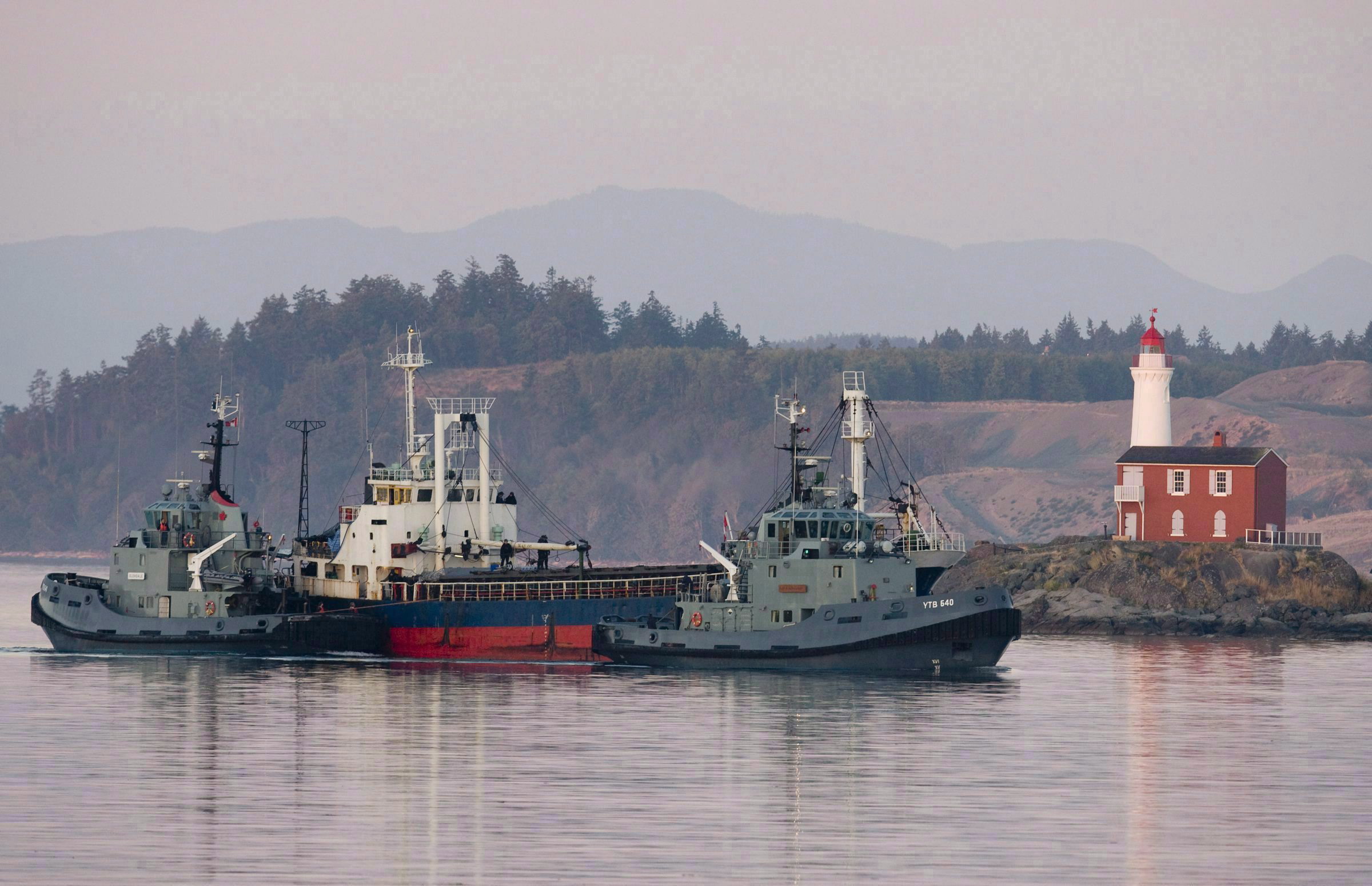Their voyages began in a land torn apart by war.
From the north of Sri Lanka, where government troops had just crushed a 25-year-old rebellion with vicious force, killing tens of thousands of civilians and displacing hundreds of thousands more, they first took buses and cars to Colombo, and from there boarded planes to Singapore, Malaysia and Thailand.
Eventually, they all converged in Bangkok, moving from hotel to hotel in order to avoid immigration authorities. After months of waiting, they loaded onto buses that drove them 12 hours south to Songkhla, and boarded trawlers that ferried them for two days deep into the Gulf of Thailand where the MV Sun Sea, a rickety freighter, was waiting for them.
They didn’t know where they were going. Some were told Australia or New Zealand. In order to pay for passage — which could go as high as $35,000 in a country where the average income is $1,000 — they had sold their land and jewelry and begged for money from relatives abroad.
It’s a testament to their desperation and the suffering they were trying to escape. In the past year, every hospital in rebel-held territory had been systematically bombed by government forces. Civilians were encouraged to converge in “safe zones” that were then shelled. The Tamil Tigers used civilians as human shields and the Sri Lankan government happily complied, killing militants and civilians indiscriminately.
As the MV Sun Sea undertook it’s trans-oceanic journey, the 493 people aboard suffered from cramped conditions, shortages of food and water. One man would die along the journey.
Amongst them was Kirushna Kumar Kanagaratnam, a 32-year-old Tamil man who was hoping to a build a new life abroad. A few years earlier, his brother had been killed in the violence of the civil war.
According to other passengers, Kanagaratnam spent his time on the voyage singing songs, playing cards and getting to know the others on the ship. He was by all accounts a kind and helpful man.
But when the MV Sun Sea docked on Vancouver Island, Kanagaratnam’s individual story or character didn’t matter. He, along with everyone else on board, were immediately jailed over a panic that some of them may have had ties to the Tamil Tigers.
After escaping a government that was killing their compatriots indiscriminately, Kanagaratnam and his fellow passengers were treated like terrorists.
We don’t know much about Kanagaratnam’s life in Canada. After being released from jail, he made his way to Toronto, where he started to rebuild a life for himself in Scarborough. He worked some odd jobs and sent money back to his family in Sri Lanka.
By 2015, he no longer had a work permit, his refugee application had been rejected and he had been given a deportation order. His family thought he was in hiding, which was why they assumed he hadn’t been in touch.
The truth was much worse. We now know that Kanagaratnam was killed; another victim of an alleged serial killer who has devastated this city.
Based on the patterns of the other victims, it’s possible that Kanagaratnam was a queer man, though we don’t know that for sure. What we do know is that he was a victim three times over — first by the Sri Lankan government, then by the Canadian government and then by the man who took his life.
Many have pointed out that six of the eight victims were brown-skinned men. But even more notably, they were also immigrants. And it’s likely that if failed refugee claimants didn’t have to hide from the authorities, Kanagaratnam’s disappearance may have been noticed.
“We all believed he was hiding. If they searched for him, they would have arrested him,” Suganthan Mahadeva, who was also a passenger on the MV Sun Sea, told the Toronto Star.
Despite lofty declarations from city councillors and the mayor that Toronto is a sanctuary city, Toronto police continue to work with immigration authorities to deport undocumented people. If Kanagaratnam had had an encounter with someone like McArthur that made him afraid, he would be justifiably worried to go to the police. He was made vulnerable by the unjust and vicious policies of our police force.
As for Skandaraj Navaratnam, another Sri Lankan believed to be a victim of McArthur’s, Canada proved to be more a deadly place for Kanagaratnam than his war-torn country of origin.
Last week, around a hundred other people who had been on the MV Sun Sea gathered in Scarborough to mourn with the rest of the Tamil community. It was the first time they had gathered in a group since the ship set sail.
All of them were victims of war and victims of racism. Some were still waiting on their refugee applications. Others were undocumented and at serious risk of deportation.
But they came together to honour their slain friend, a man who they shared a trans-Pacific journey with. The Canadian government may have treated them like criminals when they arrived on our shores. But the passengers of the MV Sun Sea continue to prove themselves to be brave and human in an inhuman world.

 Why you can trust Xtra
Why you can trust Xtra


